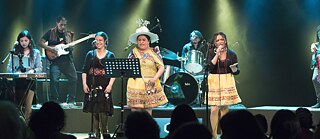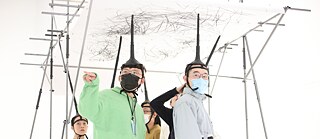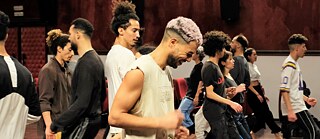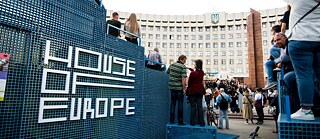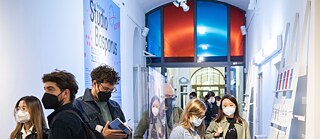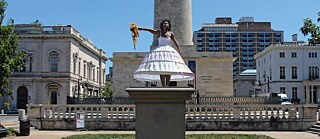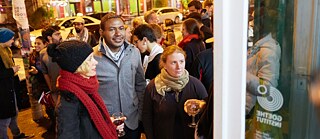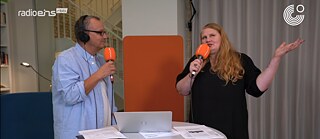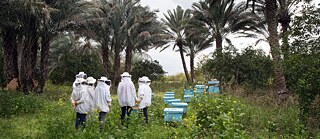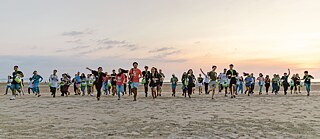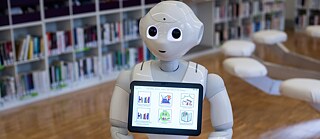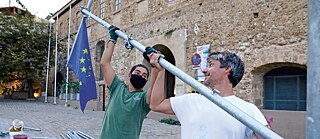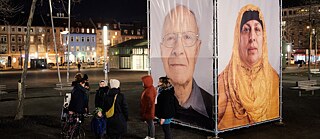Artistic encounters
We trust that art emanates from within itself. The aesthetic contains a distinctive power that helps people to experience multifaceted perspectives and opportunities for understanding, opening up new insights on other people. Through our global network we create digital and physical spaces for the free unfolding of the arts. In all branches of art, we make aesthetic experience, creation and co-production possible. We enable access to the German and international cultural scenes, and connect cultural professionals with each other worldwide.
Global dialogue
In our network, we bring viewpoints from different cultural spaces and spheres of experience together as well as offering platforms for intellectual and artistic exchange. We make it possible to see globally relevant topics through local perspectives. In this way we are able to enrich the exploration and discussion of international challenges as well as cross-border social issues with new perspectives and future-oriented approaches.
Safe spaces
We contribute to the fact that censorship-free analogue and digital spaces enable personal encounters, exchange and creative work to take place. We connect people who stand up for democracy, the rule of law and an open society – in Germany, Europe and worldwide. The protection and safety of all those involved is of central importance.
Dealing with history und remembrance
As a German and European cultural institute, we stand up for a self-critical culture of remembrance worldwide in our language, cultural and educational programmes. Processing the National Socialist history and its effects stands at the heart of this, alongside the examination of inner-German history. A further focus of the culture of remembrance is examining the colonial heritage in Germany as well as within and outside Europe. All this takes place within an awareness of a changing German immigration society and its diverse (family) histories. We place a special focus on issues of communicating history to young people.
